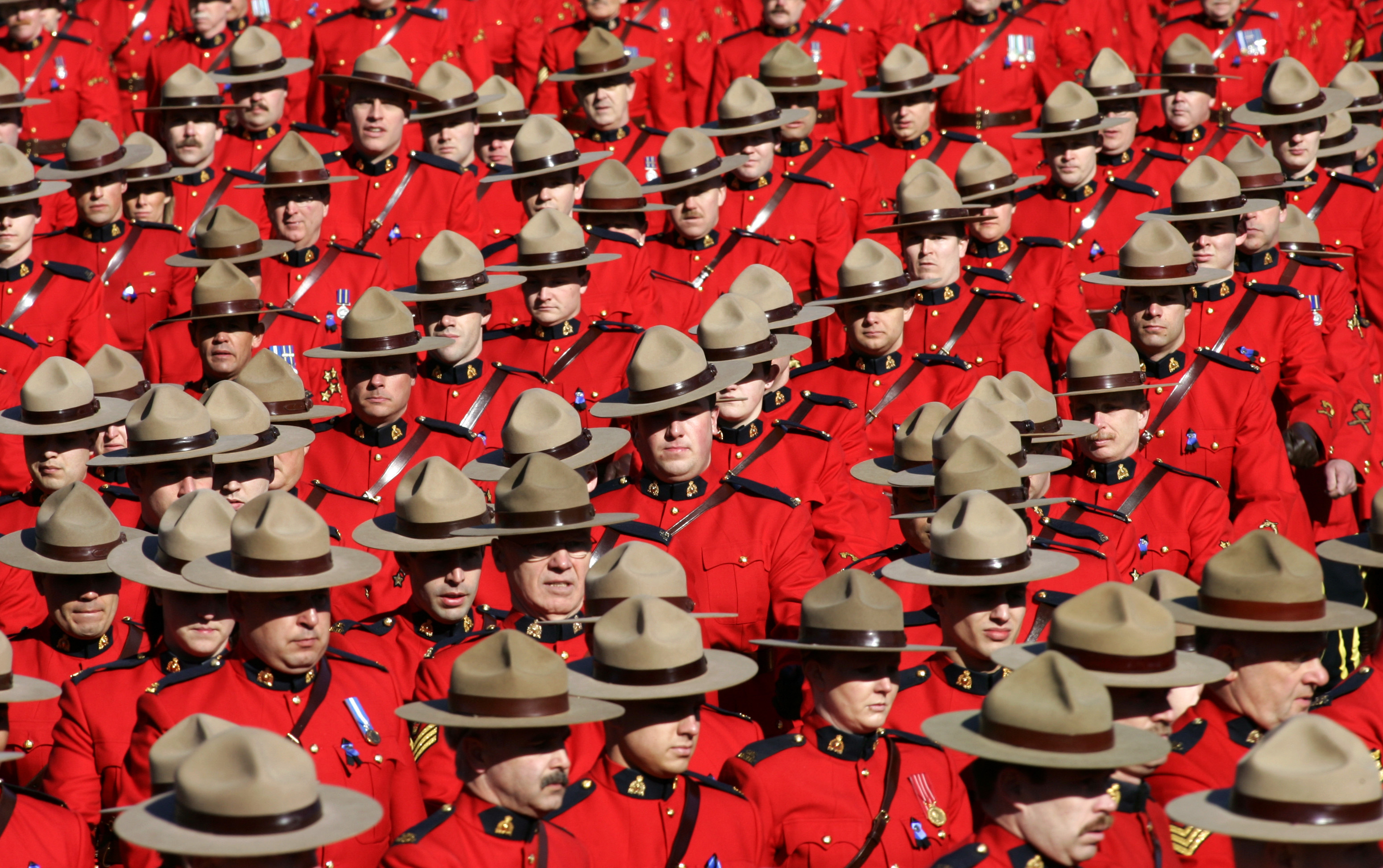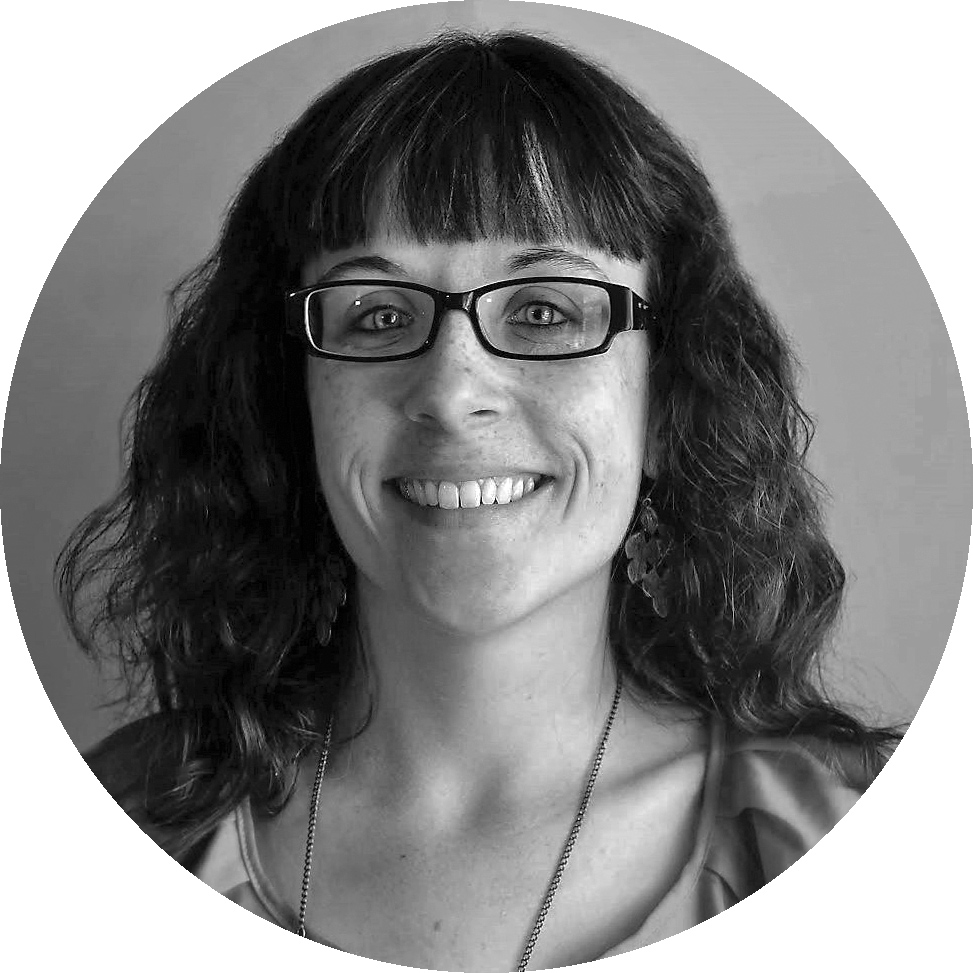I already live in Canada. You can't escape Trump here.
I know it's tempting, but fleeing isn't the answer


A free daily email with the biggest news stories of the day – and the best features from TheWeek.com
You are now subscribed
Your newsletter sign-up was successful
After Donald Trump defeated Hillary Clinton to become president-elect, the Canadian immigration website crashed. Thousands of Americans were scrambling for a way out of their own country.
People are scared, and reasonably so. Throughout his campaign, Trump made sexist, homophobic, racist, xenophobic, and bigoted comments at every turn. Indeed, people have the right to be concerned. But for those of you thinking of jumping ship to Canada, I have one word for you: Don't.
I'm Canadian, and I get why my country might seem like it has everything figured out. We're led by the affable, selfie-loving Justin Trudeau; we have a sort of cute, never-ending obsession with Tim Hortons; we say "sorry" a lot. But we also have our issues, including our fair share of arcane and seemingly oppressive laws.
The Week
Escape your echo chamber. Get the facts behind the news, plus analysis from multiple perspectives.

Sign up for The Week's Free Newsletters
From our morning news briefing to a weekly Good News Newsletter, get the best of The Week delivered directly to your inbox.
From our morning news briefing to a weekly Good News Newsletter, get the best of The Week delivered directly to your inbox.
In the last years of the Stephen Harper-led government, two controversial bills were introduced: Bill C-51 ("Anti-Terrorism Act 2015") and Bill C-24 ("Strengthening Canadian Citizenship Act"). The former would fundamentally go against the Canadian Charter of Rights and Freedoms, specifically those pertaining to free speech, privacy, and civil liberties. Bill C-24 gave the government power to revoke Canadian citizenship from dual citizens convicted of terrorism, treason, or espionage. That might sound reasonable, but the bill's opponents argue it essentially makes immigrants and those not born in this country second-class citizens. Here's how the Globe and Mail put it in an editorial:
The consequences are disturbing and unfair for Canada's 863,000 dual nationals. They run the risk of being treated as somehow less Canadian. There is an ugly, xenophobic side to this law, which may play well with some voters, but has no place in a modern, multicultural Canada. [Globe and Mail]
In 2015, we voted Harper out of office. We banded together and made a change — one that has been at least marginally better.
Justin Trudeau has attempted to fix the Bill C-24 problem by making it more difficult for people to lose their citizenship. But this doesn't address all the issues. Still, as of April 2009, if someone is born in or adopted from another country, they aren't considered a Canadian citizen, even if their parent or parents are.
Trudeau and his Liberals also promised to amend Bill C-51, but that has yet to happen.
A free daily email with the biggest news stories of the day – and the best features from TheWeek.com
I know what you're thinking. Two measly bills? Doesn't sound so bad. But there's more. For example, like America, we Canadians haven't always treated our Indigenous people, those who called Canada home long before the rest us, all that well. Consider our history of "residential schools" — places where aboriginal people were told to forget their culture and history and assimilate into something that was considered more "Canadian." The last residential school did not close until 1996.
So, you still want to come to Canada?
Well, you can't just pick up and move here. The process to become a Canadian citizen can be a long one. There are many barriers. First, you must apply to become a permanent resident. Should you choose to become a citizen, you must have been "formally present" in the country for at least 1,460 days during the six years before you made your application. You also must have been in the country for 183 days over four years that are not fully or partially included within that six-year time. This isn't to mention language laws.
Let's say you make it through all those hoops and manage to enter Canada legally. Bad news: You will not escape Trump and his belief system. It is everywhere. You will hear his voice on the radio. You will see him on the TV. You will hear his name in the office and around the dinner table. Don't forget that a large part of our lives is influenced by American culture. We are right next door, after all.
Most of our trade and defense agreements are centered around the United States, and our international politics often reflect this close relationship. Trump's proposed changes to these alliances will no doubt impact our own international relations, economy, and position within the global community.
In fact, Trump is already influencing Canadian politics. One Conservative member of Parliament, who recently announced her intention to run for leader of her party, congratulated Trump on winning and throwing out "the elites." Other Canadians feel that Canada's economy has been pushed to the edge by the Liberals and New Democrats, and that Trump's business-style approach would benefit both countries.
Indeed, even Canadians support Trump, despite everything he has said, and the impacts of his proposed changes would almost certainly be felt in our country as well as yours.
I'm not saying living in Canada doesn't have its benefits. It does. We have decent health care and education systems and we recently welcomed more than 25,000 Syrian refugees (as of February 2016) and have committed to bringing in even more in the future. For the most part, we are good people.
What I'm saying is that Canada isn't the perfect utopia you may think.
Don't abandon the United States just yet. It is your home. I know it's hard and it will be a long ride, but fight for your country. Be the voice for yourselves, your family, your friends, and your neighbors. Be the voice for those who don't have one of their own.
Don't run away from your problems. Tackle them head on. Take a deep breath, surround yourself with positive and safe people, and make your country what you want it to be.
Katie Ingram is a freelance journalist based in Halifax, Nova Scotia, Canada. Her work has appeared in, among others, Halifax Magazine, Atlantic Books Today, SheKnows, J-source, Haligonia.ca and on CBC Radio.
